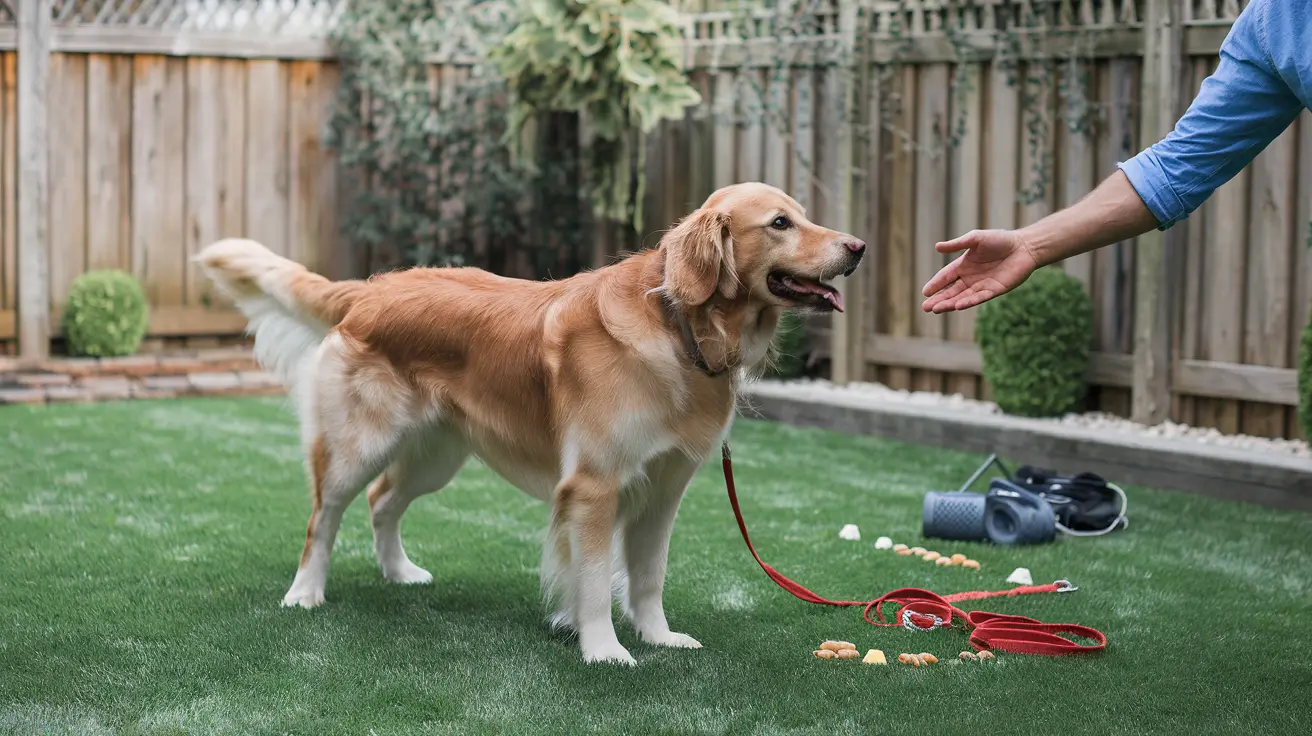Introduction to Coprophagia
Coprophagia, the scientific term for poop-eating, is a behavior that perplexes many dog owners. It is not uncommon to catch a beloved pet engaging in this unappealing habit, leading owners to question why their furry companions would indulge in such behavior. While coprophagia is not an ideal trait for any family pet, understanding its roots and reasons is essential for managing it effectively.
Normal Coprophagic Behavior in Dogs
Coprophagia can be a normal behavior in certain contexts. For instance, nursing mothers often eat their puppies' feces to maintain a clean environment in the den. This instinctual behavior is crucial for the health and hygiene of the young pups. Additionally, from an evolutionary standpoint, coprophagia is thought to be inherited from wolves. Wolves would consume fresh feces to keep their dens free from fecal-borne parasites, a behavior that some dogs have retained. Furthermore, dogs might be drawn to the feces of other species, such as horses or cats, due to the presence of certain nutrients, although this can also expose them to harmful bacteria.
Abnormal Reasons for Poop Eating
While some instances of coprophagia are considered normal, others are indicative of underlying issues. Dogs may engage in this behavior to seek attention, especially if they have learned that it results in a reaction from their owners. Health-related issues, such as intestinal diseases or nutritional deficiencies, can also lead to coprophagia. Anxiety, including separation anxiety, is another trigger, where dogs might eat feces as a displacement behavior. Additionally, dogs that have been punished during potty training might eat their feces to hide the evidence, fearing their owner's response.
Strategies to Prevent Poop Eating
To curb coprophagia, it's vital to employ effective strategies. Positive reinforcement and training can redirect the behavior by rewarding dogs for leaving feces alone. Environmental management, such as using pet gates or placing litter boxes out of reach, can prevent access to feces. Dietary adjustments, including the use of supplements that make feces less appealing, can also be beneficial.
Specific Solutions for Different Scenarios
Different scenarios require tailored solutions. For puppies, consistent housetraining and immediate cleanup of feces are crucial to prevent the development of this habit. For dogs with anxiety or confinement issues, providing more space, quieter environments, or enrichment activities can help. Retraining adult dogs involves patience and consistent positive reinforcement to break the learned behavior.
Tools and Aids for Training
Several tools can aid in training dogs to avoid poop eating. Leashes, clickers, and treat pouches are useful for reinforcing positive behaviors. Additionally, probiotics and specific chews can deter the behavior by altering the taste of feces, making it less appealing to dogs.
Conclusion: Maintaining a Healthy Environment
Understanding the underlying causes of coprophagia and applying appropriate strategies consistently is key to managing and preventing this behavior. By addressing both normal and abnormal reasons for poop eating, dog owners can help their pets break the habit and ensure a healthier lifestyle for their furry companions. Consistent application of these strategies not only improves the dog's well-being but also strengthens the bond between pet and owner.






